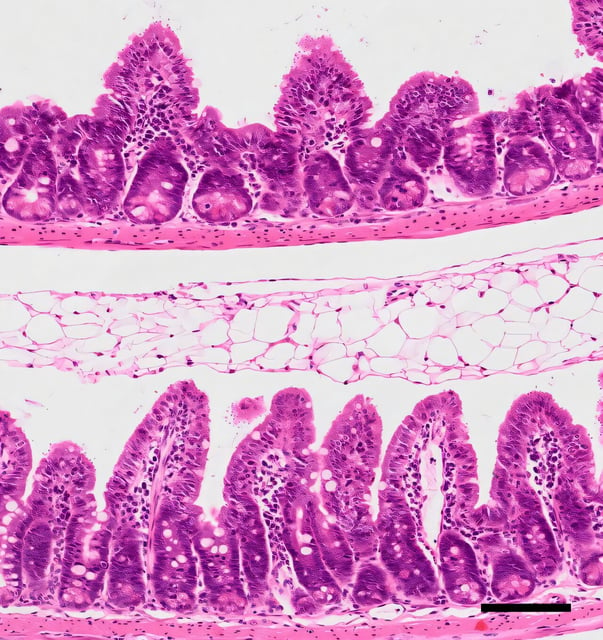Overview
- Researchers used a genome-scale CRISPR screen to disable nearly 20,000 human intestinal genes and map host factors essential for parasite survival
- Metabolic analysis showed that inhibiting cholesterol enzymes before the squalene step halted parasite growth and downstream inhibition boosted it
- The parasite lacks glutathione synthesis and relies on host antioxidant defenses, making it vulnerable to oxidative stress
- Mouse models treated with lapaquistat exhibited reduced parasitic load and reversal of intestinal damage
- Leveraging extensive safety data, researchers are launching phase I trials in Zambia to test lapaquistat against cryptosporidiosis in vulnerable patients
